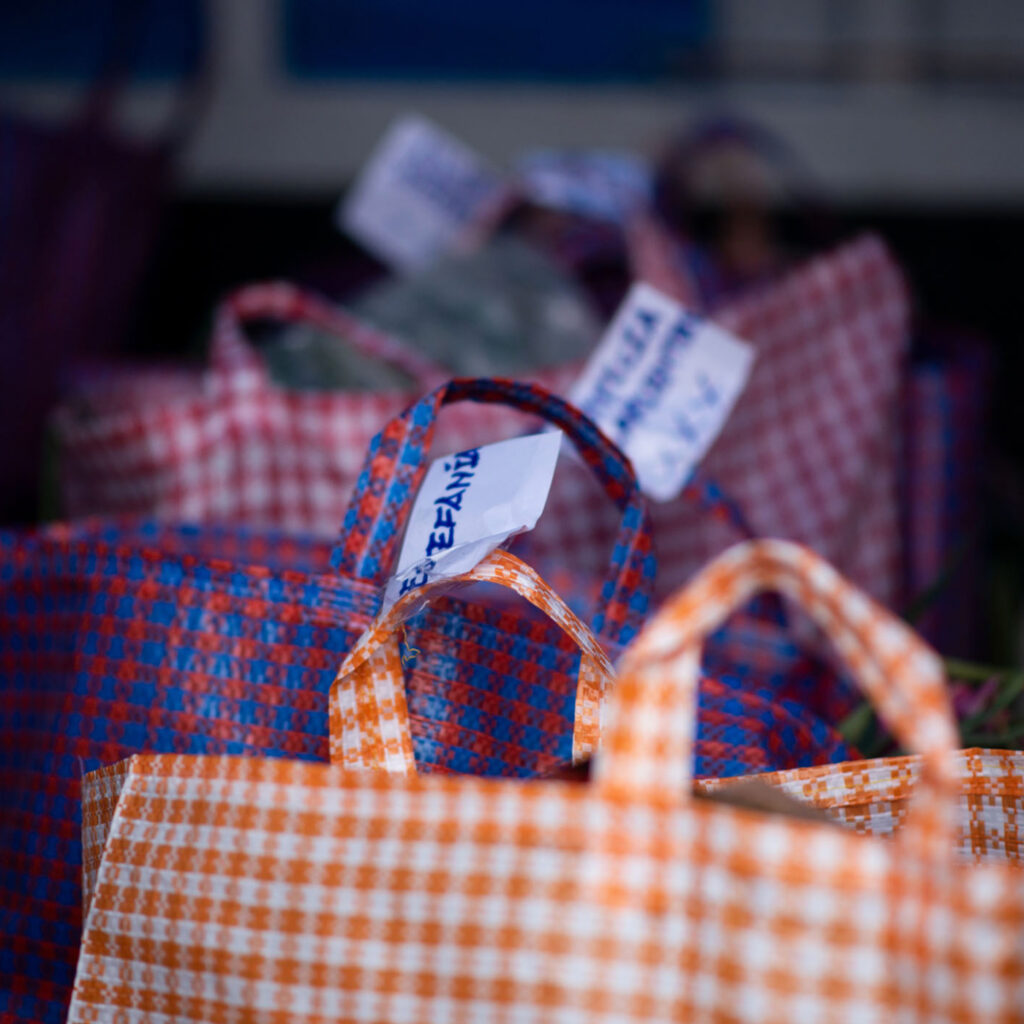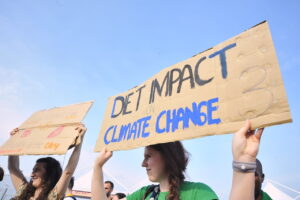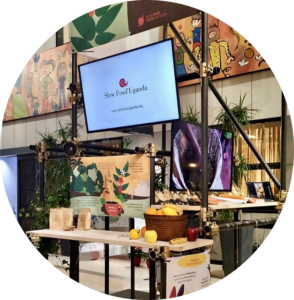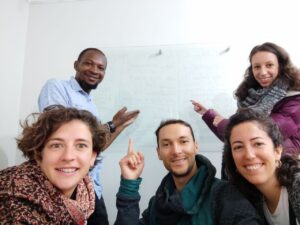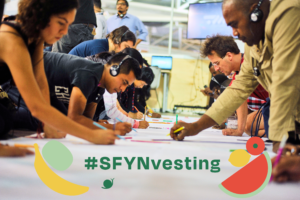With the collaboration of Slow Food International, the Slow Food Youth Network (SFYN) and Slow Food Latin America held on July 21, the first virtual conversation on “Experiences of short marketing circuits in Latin America led by young people,” broadcasted on the Facebook page of Slow Food International and SFYN.
The discussion included the participation of young people from Venezuela, Bolivia, Peru, Ecuador, and Colombia who presented the strategies they have put into practice during the epidemic to promote the production and sustainable consumption of food in their communities.The purpose of the discussion was to strengthen ties between SFYN members in Latin America and disseminate strategies that have allowed local organizations to guarantee the right to food within their communities during the COVID-19 crisis. The discussion included a diversity of points of view, with young farmers, cooks, and activists of sustainable agriculture in the Andean region, who presented marketing strategies supported by solidarity and the use of information and communication technologies.
The conversation Experiences of short marketing circuits in Latin America led by young people, is part of a series of conversations that Slow Food Andean Region has offered during the epidemic publicizing local and community experiences of short marketing circuits, in this way we want to make visible the stories of the people that Saúl López calls “anonymous heroes” and that allow food to reach our homes daily.
Saúl Elías López, Coordinator of the Youth Network for Climate-Smart Agriculture and spokesperson for the Slow Food Venezuela community, participated as speakers in this first conversation led by youth from the Andean region; Luis Farfán agroecological farmer member of the Madre de Dios Agroecological Agriculture Association, in the Peruvian Amazon. For Bolivia, Dalia Carolina Layme, agro-ecological producer of ECOTAMBO, Sofía Revollo, member of the ECOTAMBO consumer network, and Wasker Rozo, beekeeper and permaculturer linked to ECOTAMBO. Chef PopUp Dinner Mateo García creator of Musyay Senses in Ecuador; for Colombia, Diego Castro, founder of the Amazonian food production company Puramazonia, and Margarita Arredondo, co-founder of the Palo de Agua restaurant, participated. The event was moderated by Ana Prada, Colombian, and founder of the 3Colibrís media outlet.
During their speeches, the participants highlighted the need to carry out generational relays and take advantage of information and communication technologies to be able to spread messages about sustainable food production and consumption.
“Due to the current crisis, I joined ECOTAMBO, because with my family there was no way to distribute food, education for consumers has been important, so we have created videos so that consumers can learn about the entire process of supplying food,” said Dalia.
The speakers emphasized the importance of preserving traditions and conserving territories by rooting and strengthening the sense of identity.
“One of the exercises we have done over time has been to generate identity within our territory, and I believe that each part has a story to tell,” said Margarita.
The implementation of home gardens was one of the common points of the speakers, who praised the importance of producing our food to guarantee our own food sovereignty, “What better than producing in our own garden,” said Luis Farfán.
During the epidemic, young Latin Americans are leading innovative experiences that reduce distances between producers and diners, such as Pop Dinners, “we set up one-day restaurants, in which 98% of supplies are purchased directly by farmers,” he said. Matthew.
The youth stressed that it is not about producing food only, but about guaranteeing that access to healthy, fair, and culturally-appropriate food is democratized. The discussion was a fruitful setting for exchanging knowledge and putting new knowledge into practice in the local processes to which the participants belong.
“I am amazed and surprised by the presentations, I believe that many things can be taken to put it into practice,” says Diego.
The young participants demonstrated with their stories the importance of working in a network and in the community to strengthen local processes and give continuity to initiatives led by young people whose vocation is to produce healthy and sustainable food.
